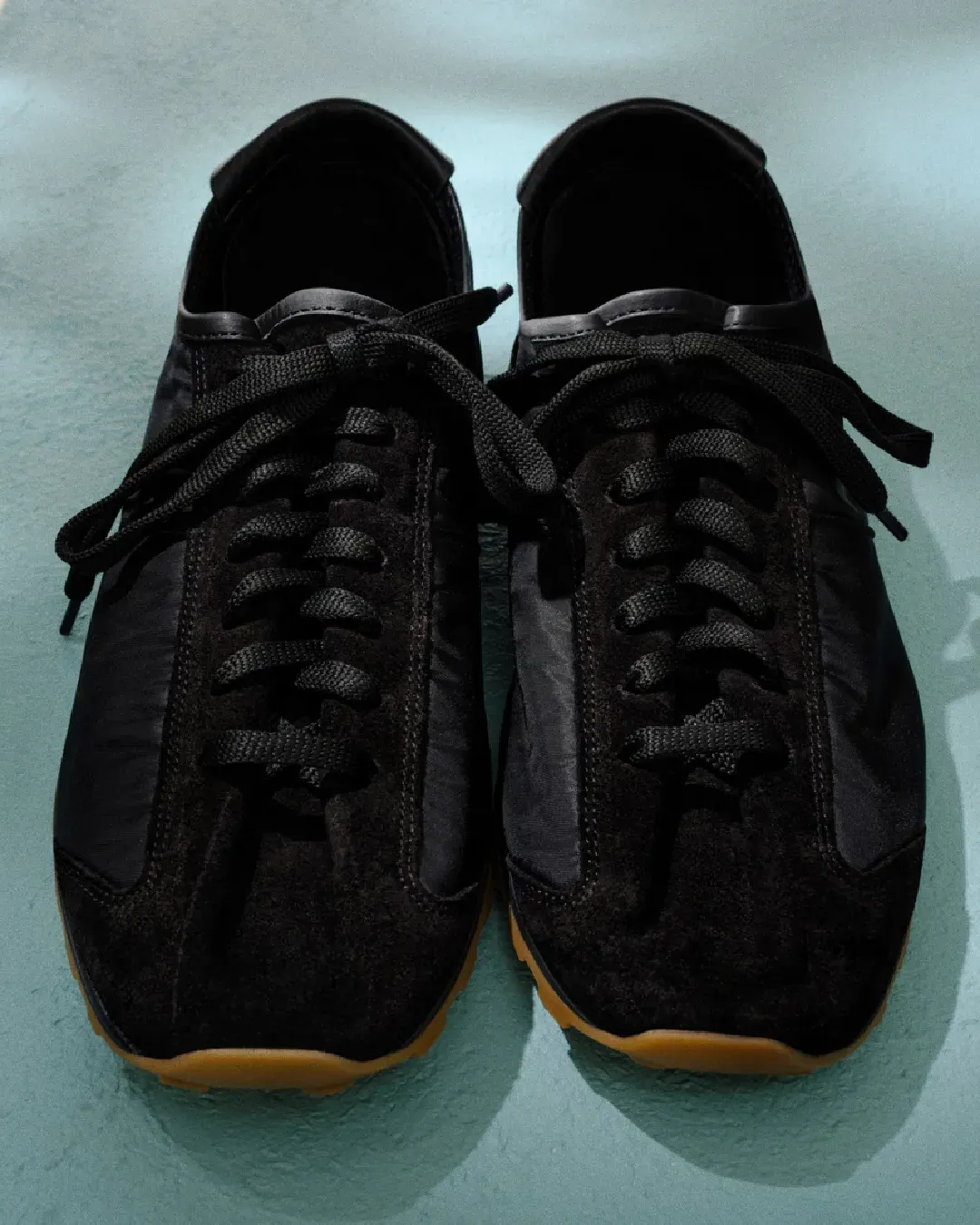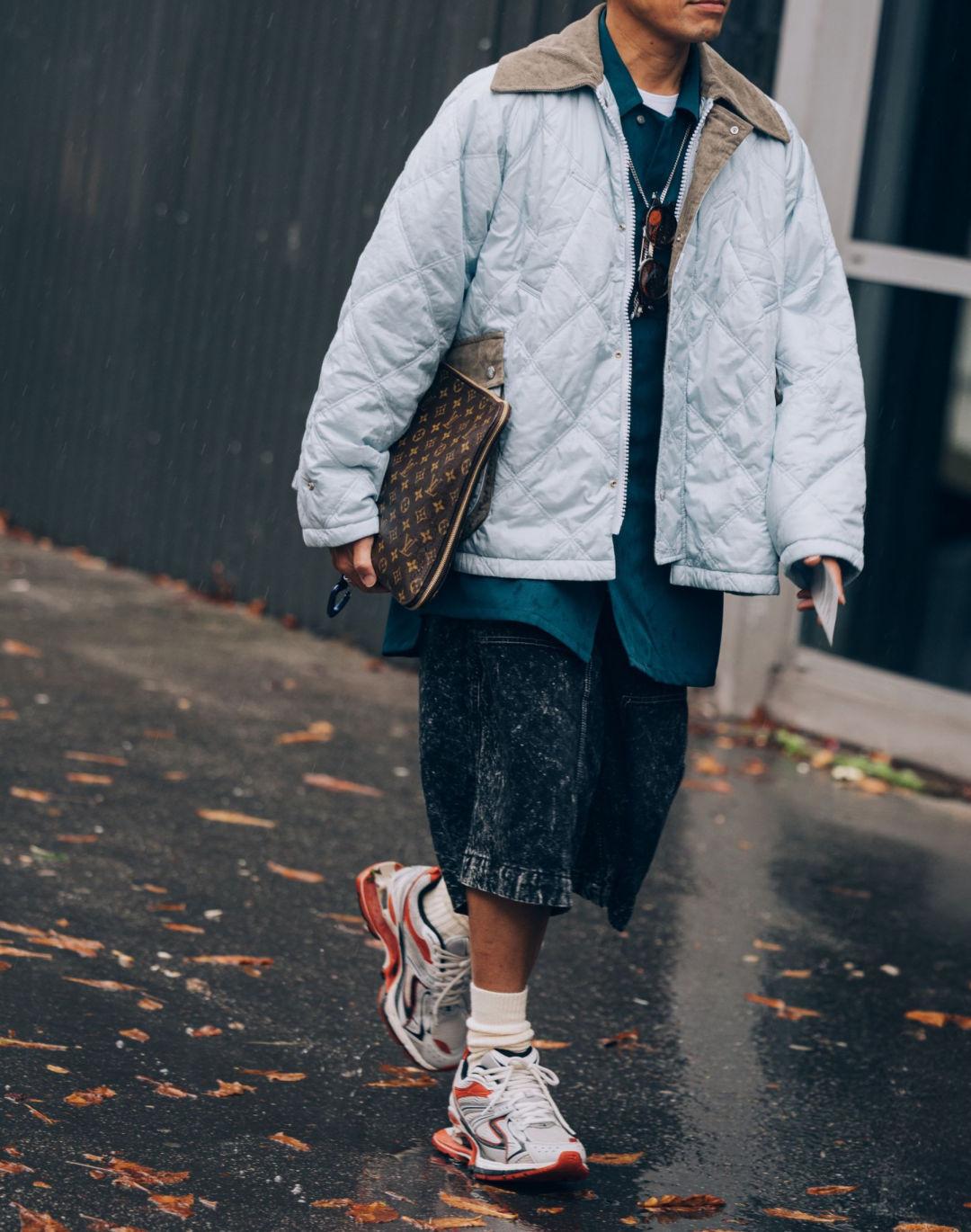
The Reselling Phenomenon Everything you need to know
One of the hottest issues in contemporary fashion at the moment is that of reselling. The success of last year's edition of Sneakerness in Milan, the great presence of high-profile resellers at this year event, the emergence of reselling boutiques like Dropout, the latest achievements made by StockX, show how this phenomenon has exponentially grown in the last few months. A growth embraced also by the biggest sportswear brands and retailers in the world: last February Foot Locker invested $100 million USD in the GOAT Group, the company that controls two of the most important reselling brands in the world, GOAT and Flight Club. Last December, on the other hand, Farfetch acquired Stadium Goods for $250 million USD.
Before losing ourselves in the resellers stands at the Fabbrica Orobia 15 this weekend for SNEAKERNESS, it's better to have a complete overview of this phenomenon.
The What
Let us start with the fundamentals, reselling in its basic form is having a coveted product, usually, with limited availability, that is resold at various degrees of mark up, to consumers who often can't get them in any other way. It is spawned in large part from the sneaker market, but also various hyped brands, like Supreme, where immense demand and limited availability, plus factoring in the battle with bots nowadays, means acquiring hyped products has become almost an impossibility. With the large digitization of sneaker retail these days, where the most hyped sneakers are only available online usually through quite elaborate procedures that will drive even the best of us mad.
This, in reality, continues to go even deeper, as certain shoes and items, like Supreme, Yeezy or Off-White, have heavy subcultural connections, and for many, especially younger consumers they stand as badges of honor for being in the know or belonging to a social group. And the reseller market on that level facilitates a dream or fantasy, selling us access to a very limited club, we become VIP’s aspiring for luxury lives.
Another aspect of this whole phenomenon is geographical and also involves parallel selling, which is when products are bought, often in bulk, and then resold at profits that never reach the originating brand or retailer. This is particularly big on the Asian markets, with China being the king due to its massive population and large demographic of people who have gotten a hunger for luxury goods. Which has meant a high demand coupled with low availability, causes prices to inflate. Another part of China’s large reseller market is that products, that for example, arrive in Hong Kong and are going directly into China are given tax breaks. This type of policy reigns supreme by governing the entire Chinese market.
Origins
The United States is a bit of the cradle of the whole reseller phenomenon and sneaker culture in general, whereas in Europe the biggest markets are the United Kingdom and France, but it is growing rapidly in Italy as it affects a very large target. The local Italian market in recent times has changed dramatically, up to 6 years ago collectors were about 5% of customers and the so-called resellers were around 1%. Today, however, most customers are potential resellers, thanks to social media and dedicated platforms like, KLEKT, Grailed, and StockX, which means you can now sell and buy in a much more ensured way compared to the buying experience of a normal e-commerce. We have become both consumers and sellers, we buy but also resell, similar to what happens on social media where one buys and then produces content, the prosumer.
Regulated market
A natural question that arises when discussing the reseller market, is that of ethics, and is the market regulated? The ethical question when the purchase is direct, in other words, person to person, becomes self-regulating in a sense by the feedback that you get, which is then readily and easily available through the groups, or as on eBay or Grailed thanks to the history of the sales and purchases. When using dedicated platforms, such as StockX, the middleman method is used, which in this case is represented by the site that first receives the product, verifies it in its entirety and proceeds with paying the sum to the seller and supplying the product to the purchaser. Forums are important for having the legitimacy check on the reseller, as you live and die by reputation in practice. Another interesting development is the use of new apps, like hypeanalyzer, used by for example Dropout in Milan, which gathers data from a large number of online streetwear marketplaces to help regulate and set prices on the reseller market. There are of course exceptions, especially in say China where control is more difficult to implement and parallel markets can operate largely unchecked.
hypeanalyzer
Conclusions
So what is the conclusion here, is reselling positive or negative? Like with so many things nature here is dualistic. On the one hand, it does offer some people the chance to get something they otherwise could not but also means availability becomes economically discriminatory as high prices will drive many consumers out of the race. At the moment the resale market is fundamentally important for the success of a sale of a sneaker, or a certain hyped brand, since the models that go well in direct sales to the consumer are rare, and do not have big traction on the resale market. It is the hyped sneakers, largely helped along by there limited availability and high resale prices that unfortunately or fortunately became a parameter in identifying the success or failure of a given model and brand. Reselling could become the new Supreme, with the market for limited and hyped goods only growing worldwide, reselling shows no signs of slowing down.
What will be very interesting to follow are the developments of what we can call the tipping points. At the moment the resale hype is beneficial to the brands. But when the resale price or parallel markets start making more money on the resale then the brands do initially they will have to react and it will be interesting to see what forms that take. For now, however, resale is a gold rush and it is changing the game of fashion retail forever.





















































